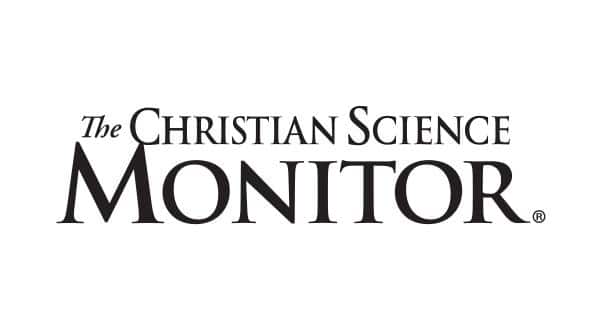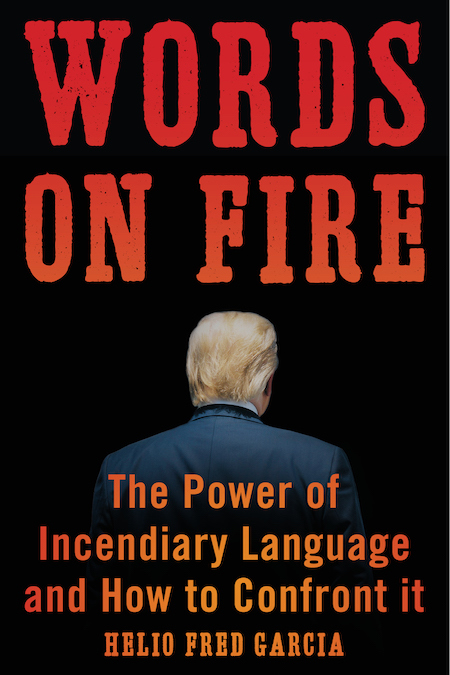On January 15, 2021, Logos president Helio Fred Garcia was quoted in an article in Luxury Daily on the crisis the Trump Organization now faces given the criticism and controversy around the president, particularly after the storming of the U.S. Capitol. The article describes how the Trump Organization’s brands have suffered as a result of the president’s political profile, with partners increasingly moving away from the brand and long-standing contracts being terminated.
“Successful recovery from a crisis depends on how quickly and effectively the expectations of the people who
matter to the organization are met,” said Garcia. “Because all of President Trump’s businesses, including his luxury business, include his name, it is difficult for business partners, customers and other audiences to distinguish the brand from the man. All of Trump’s eponymous businesses are synonymous with Trump the person. It’s virtually impossible at
this point to separate the two, which was by Trump’s design.”
“Those who still support Donald Trump would likely still support the brand should another family member step in,”
Garcia noted. “However, for people who do not support Donald Trump, they are almost certain to avoid any business with the Trump name or that is run by a family member, since the associations are so close.”
This crisis is particularly acute given the criticism of the president following the storming of the US Capitol and his second impeachment in his one-term in office. “Criminal charges brought against a business or its leader almost always present the potential for things to get worse, especially if the charges are of the magnitude and quantity that are likely to be brought against Trump,” Garcia noted. “However, criminal charges are not an immediate death sentence for a business.”
Garcia advice for those in relationship with the struggling brand: “For businesses and leaders that do not support Trump but are still in business with him, time is of the essence to dissolve that relationship. Businesses that are slow to cut ties may suffer backlash as the lack of urgency to sever the relationship could be perceived among those who matter as too little, too late.”
Read the full article here.
 On January 18, 2021, Logos Associate Holly Helstrom was quoted in an article on Digiday about how businesses can navigate the need for COVID-19 vaccination policies. Helstrom, an Adjunct Instructor at Columbia University’s Fu Foundation School of Engineering who teaches a course on First Amendment rights for employees, explained that an employer has the legal right to introduce a COVID-19 vaccine policy if they’re a private sector at-will employer.
On January 18, 2021, Logos Associate Holly Helstrom was quoted in an article on Digiday about how businesses can navigate the need for COVID-19 vaccination policies. Helstrom, an Adjunct Instructor at Columbia University’s Fu Foundation School of Engineering who teaches a course on First Amendment rights for employees, explained that an employer has the legal right to introduce a COVID-19 vaccine policy if they’re a private sector at-will employer.
 On January 13, 2021, Logos President
On January 13, 2021, Logos President  Logos President Helio Fred Garcia was quoted in Carol Roth’s Business Unplugged blog on his 2021 New Year’s business resolution. In this post, Roth highlights the business resolutions of more than 100 leaders from across industries for the new year.
Logos President Helio Fred Garcia was quoted in Carol Roth’s Business Unplugged blog on his 2021 New Year’s business resolution. In this post, Roth highlights the business resolutions of more than 100 leaders from across industries for the new year. On January 12, 2021, Logos Advisor and Chief of Client Services
On January 12, 2021, Logos Advisor and Chief of Client Services  On January 7, 2021, Logos President and author of “Words on Fire: The Power of Incendiary Language and How to Confront It,” Helio Fred Garcia was quoted in an article in Christian Science Monitor on his personal response to the storming of the U.S. Capitol by insurrectionists on January 6. In the article, people from across the country react to the insurrectionists attack and reflect on what this means.
On January 7, 2021, Logos President and author of “Words on Fire: The Power of Incendiary Language and How to Confront It,” Helio Fred Garcia was quoted in an article in Christian Science Monitor on his personal response to the storming of the U.S. Capitol by insurrectionists on January 6. In the article, people from across the country react to the insurrectionists attack and reflect on what this means. On the night of January 6, 2021, Helio Fred Garcia was quoted from his book,
On the night of January 6, 2021, Helio Fred Garcia was quoted from his book,  On December 16, 2020, Logos Associate Holly Helstrom was quoted in an article on
On December 16, 2020, Logos Associate Holly Helstrom was quoted in an article on